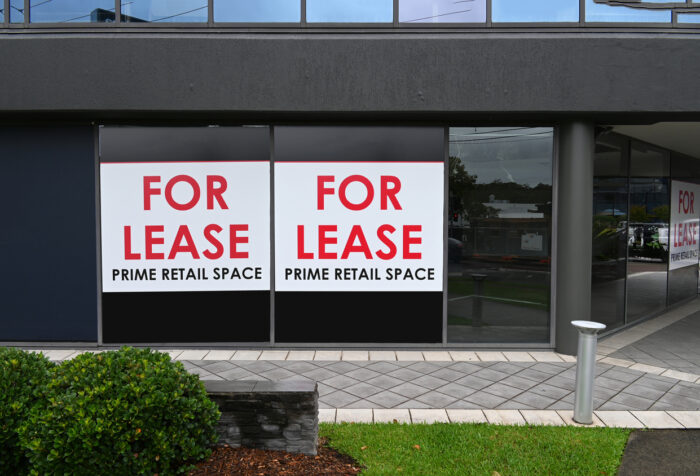Changing property managers mid lease? The top dos and don’ts
Published
March 12, 2025
Published
March 12, 2025

Changing property managers while your commercial tenant is still under lease may seem daunting, but in a lot of cases, it can be the right move. Whether you’re dissatisfied with the current level of service or seeking a more proactive approach to asset management, transitioning to a new property manager can improve your investment’s long-term success. That said, the process might come with risks that must be carefully navigated to ensure a smooth transition.
Why change property managers mid lease?

There are several reasons why landlords decide to switch property managers before a lease expires. Some of the most common include:
- Poor communication: Delayed responses to tenant queries or a lack of transparency in reporting can create unnecessary headaches for landlords.
- Ineffective rent collection: Consistent late payments or a failure to enforce lease terms can impact cash flow and investment returns.
- Subpar maintenance management: A property manager who neglects maintenance requests or fails to conduct regular inspections can lead to increased repair costs and unhappy tenants.
- Lease compliance issues: Inadequate lease enforcement or failure to address tenant breaches can put your investment at risk.
- Lack of strategic asset management: A good property manager doesn’t just collect rent; they actively work to enhance the property’s value and performance.
If any of these issues sound familiar, switching to a more competent property manager could be in your best interests.
Potential pitfalls of changing property managers

Changing property managers mid lease isn’t without its challenges. As a landlord, here are some common risks you might expect (or at least be prepared for):
- Tenant disruption: If handled poorly, the change could create uncertainty for tenants, leading to dissatisfaction or even disputes.
- Lost documentation: Ensuring all lease agreements, rent ledgers and maintenance records are accurately transferred is critical to avoid administrative headaches.
- Dropping the compliance ball: A new property manager must be fully across existing lease terms and legislative requirements to ensure continued compliance.
- Delayed transition: A poorly planned handover can lead to missed rent payments, overdue maintenance or a lack of clarity regarding responsibilities.
These pitfalls reinforce the importance of choosing the right property manager to take over.
What to look for in a new property manager

Selecting the right property manager is crucial to maintaining a smooth investment experience. When considering a new provider, look for:
- Industry experience: A proven track record in commercial property management is non-negotiable.
- Strong communication skills: Your new manager should provide timely updates and be easily accessible.
- Proactive approach: A great property manager doesn’t just react to problems; they anticipate them and act accordingly.
- Solid tenant relationships: The ability to foster positive relationships with tenants can lead to higher lease renewals and lower vacancy rates.
- Comprehensive financial reporting: Clear, accurate and timely financial reports are essential for keeping track of your investment’s performance.
Making the switch smoother
Once you’ve chosen a new property manager, a well-structured transition plan is essential. This should include:
- A clear termination process: Review your contract with your current property manager to understand notice periods and exit requirements.
- Transparent communication with tenants: Let tenants know about the change early and reassure them that the transition will not impact their lease terms.
- A thorough handover of documents: Ensure all lease agreements, financial records and maintenance logs are accurately transferred.
- A property health check: Use the transition as an opportunity to conduct an inspection and ensure all outstanding maintenance issues are addressed.
A simpler approach to property investment
Managing a commercial property can be tough. And switching property managers mid lease sometimes only adds to the challenges. That’s why many investors choose to invest with a property syndicate like Properties & Pathways.
With our in-house property management team overseeing every aspect of your investment, you can enjoy the benefits of commercial property ownership without the hassle of day-to-day management. Investing in a managed property fund is a set and forget investment, with all strategies, negotiations and property inspections handled by the experts. It’s why so many are looking to syndicates in Australia these days.
Subscribe to our investment updates and be the first to hear about our next opportunity to invest in expertly managed commercial properties. We never spam you. And you can unsubscribe anytime.






